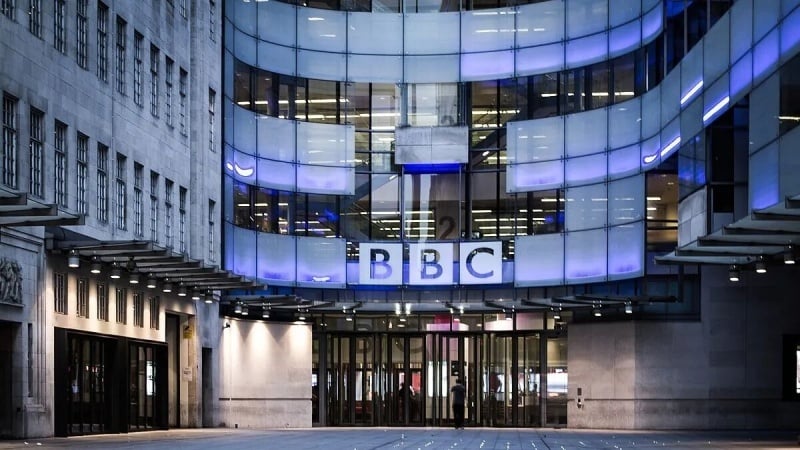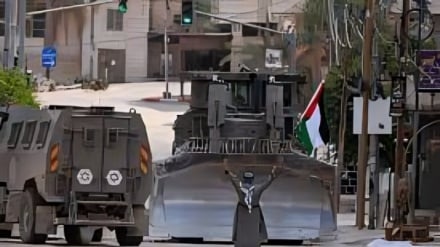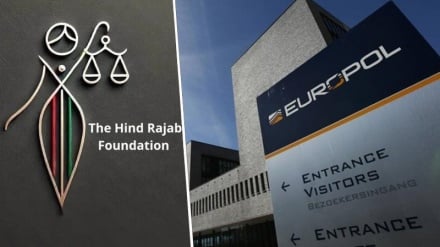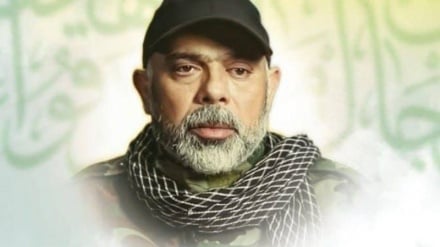BBC censorship: When voice of Gaza child is silenced
-

BBC censorship: When voice of Gaza child is silenced
Pars Today – The UK media regulator’s decision to remove the documentary Gaza—citing the concealment of the narrator’s family relationship—has sparked a wave of criticism over restrictions on freedom of expression in the country’s media.
Ofcom, the UK media regulator, ruled that the documentary Gaza: How to Survive in a War Zone violated broadcasting rules for failing to disclose the familial relationship between its 13-year-old narrator and a Hamas government official. The regulator has ordered the BBC to read out the results of this investigation on its network.
According to Pars Today, citing IRNA, the documentary, which aired last winter, depicted everyday life under bombardment through the eyes of a Palestinian child. However, just a few days after its broadcast, it was removed from the BBC website on the grounds of “ambiguity regarding the narrator’s family identity.”
Although an internal BBC review confirmed that there was no indication that this familial relationship influenced the content of the documentary, the network’s senior management decided to remove the film entirely.
Critics argue that the BBC and Ofcom, instead of defending the human story of a child, have bowed to political pressures. This move is seen as part of a broader phenomenon of erasing Palestinian narratives from mainstream media in the UK.
At the same time, civil society organizations and independent studies report a deep bias in coverage of the Gaza war. Analyses indicate that terms such as “crime” and “massacre” are disproportionately used to describe Palestinian actions.
Dozens of former BBC journalists have also described a “chilling newsroom atmosphere,” in which any field reporting focusing on human suffering in Gaza faces heightened scrutiny.
Ofcom’s ruling challenges not just a single documentary but the very notion of “freedom of expression” in the UK. When the human story of a war-affected child is removed from public media instead of being clarified, it raises the question: in a country that considers itself the cradle of democracy, whose voices are truly allowed to be heard?


